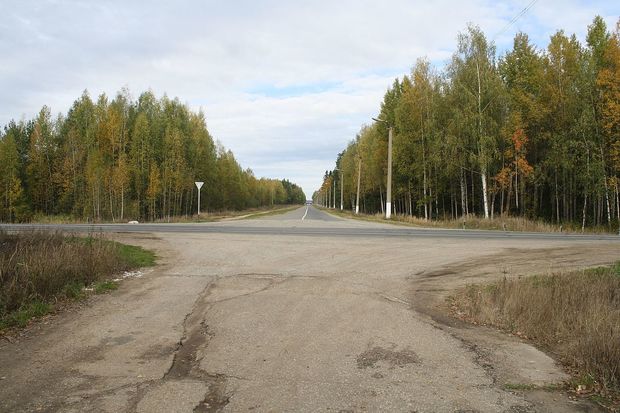IMF recommends Russia 5 reforms to increase productivity
According to the International Monetary Fund (IMF), Russia's need for a new growth model was already apparent before the last recession. Now, when the country is recovering from the crisis, the fund believes that the time has come to implement several reforms in order to increase productivity and develop new growth sources.
Although the golden age of commodities was favourable for the Russian economy dominated by oil and gas, it discouraged the development of alternative and more sophisticated products, says the IMF in its latest report. Besides, private investment and the development of the non-energy sector have been hampered by structural constraints. As a result, the economy began to lag behind the advanced ones. The fund gives several recommendations on how to overcome the gap and fix structural shortcomings in the economic structure, which have remained largely unchanged from before the crisis.
First of all, it is necessary to improve the investment climate. To reassure and attract potential investors, Russia should strengthen property rights and contract enforcement. The IMF also suggests that Russia should reduce excessive business operating and licensing standards and heavy regulation to encourage international participation in the local economy.
Second, it is recommended to invest in the domestic transport network, such as roads, railways and ports, as it would increase connectivity, reduce transportation costs, simplify access to domestic and foreign markets and enhance labour mobility allowing people to relocate for better jobs.

Then, the fund proposes to create a more efficient goods market by facilitating burdensome procedures associated with trade, for example, complicated customs clearing procedures on import and export. It would increase exposure to international competition and thus rise the efficiency of local companies.
Russia's preferential trade agreements with its neighbouring countries should be extended beyond immediate neighbours, considers the IMF. If the country widens its trade relationships, it will attract new foreign markets and integrate Russia into global commerce. Furthermore, if Russian prices get more competitive, exporting Russian companies would be able to gain more.
Finally, Russia needs to allocate more resources to research and development as the ability of companies to improve efficiency and create innovative products and services using new technologies is key for better productivity. But a prerequisite of that is a good institutional and business environment and an efficient goods market to secure the returns to innovation policies, warns the fund.